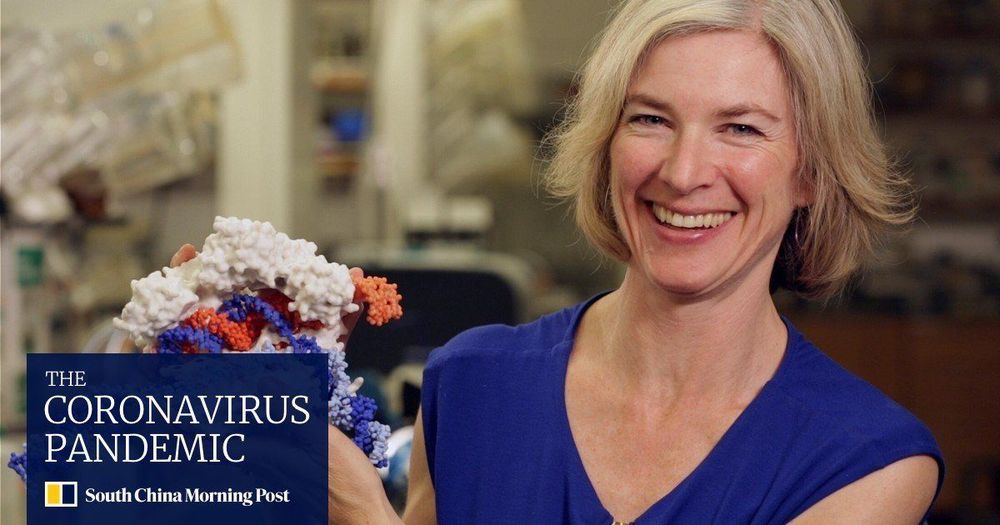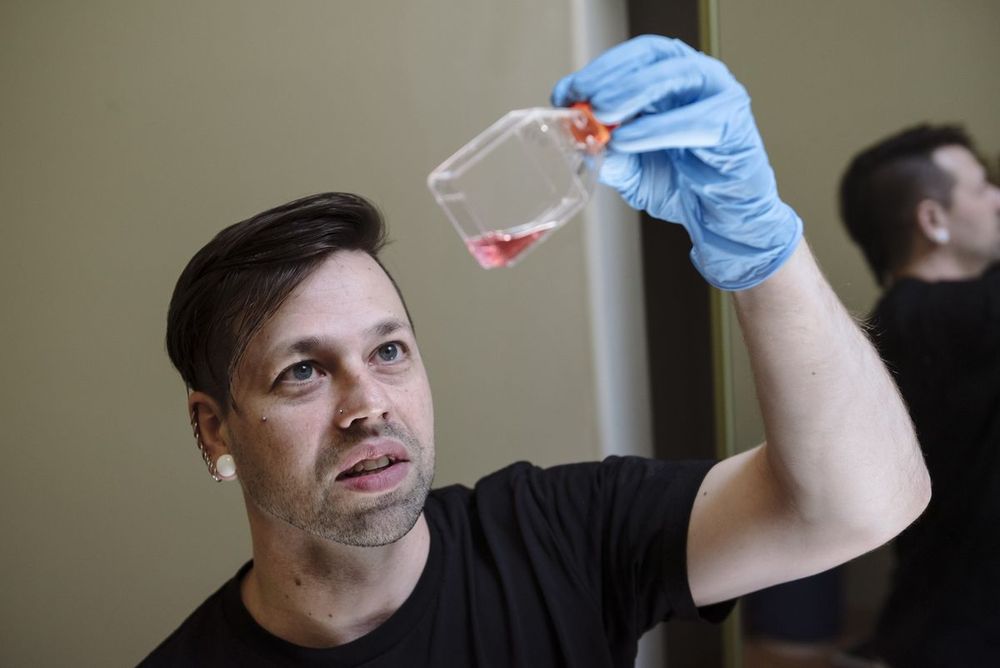“Our DIY Covid-19 DNA vaccine showed neutralizing antibodies in all three individuals, Me, David Ishee Dariia Dantseva
That was exciting but our goal was to teach people how to test expression in human cells, perform ELISAs &c. and that was more important.
People wrongly think I am completely against the FDA. I’m not. They are good at what they do i.e. helping drug companies make money by making mass produced drugs that help the most amount of people and hurt the least amount of people.
The drug approval process is long and slow so people don’t get hurt. But in a pandemic, time equals lives lost and while they are moving fast on the FDA timescale it is slow on the human lives timescale.
Still there is so much more to drug development including individual outcomes that the FDA is terrible with.
If a drug can help me and only me there exists a huge gap.
We need to be open to medical doctors and scientists being involved in one off or risky treatments.







